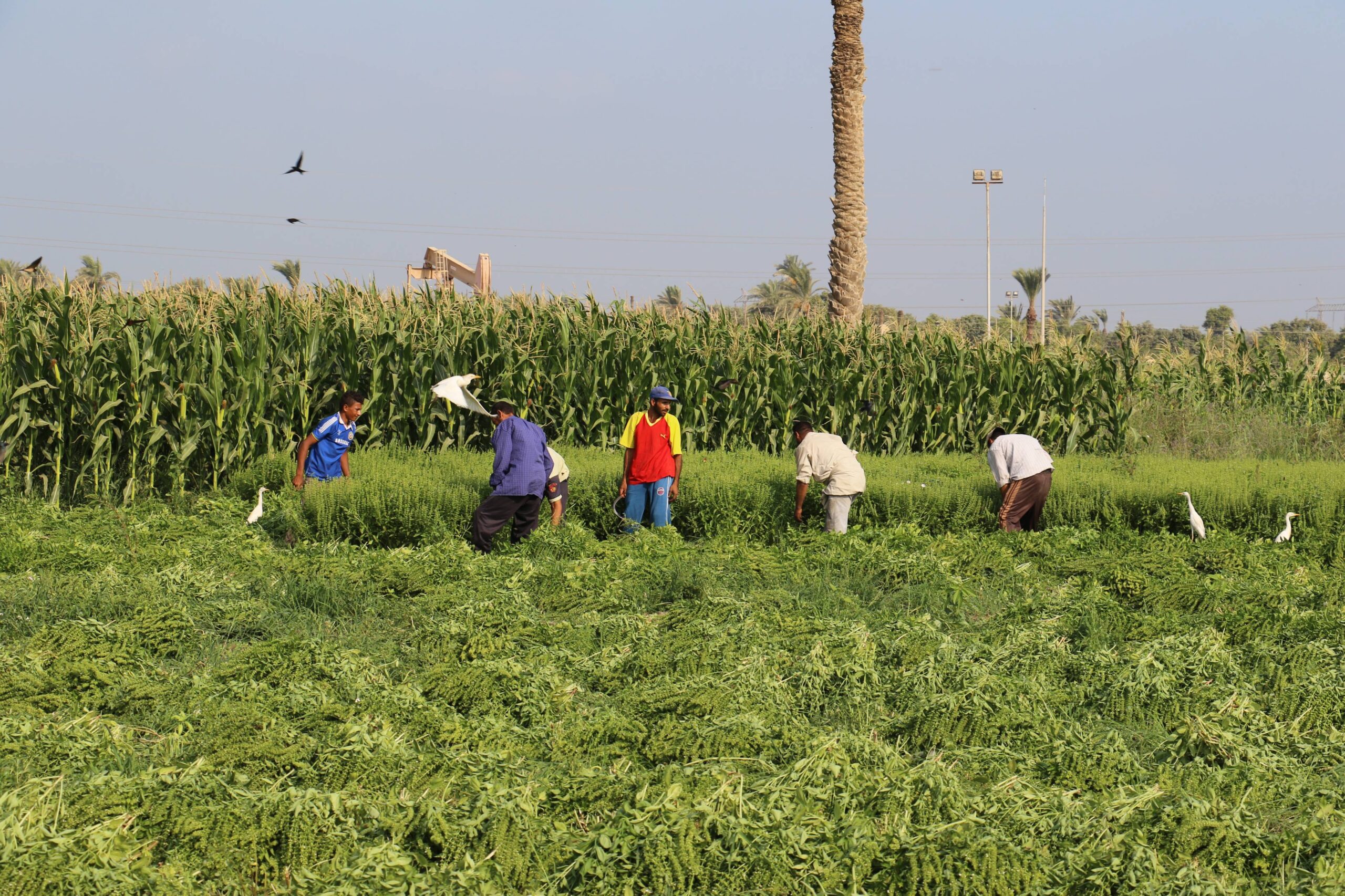Improving livelihoods and food security and participation of small farmers
Description
The Support to Farmers’ Organizations in Africa Programme (SFOAP) was a pilot programme launched in 2009 to strengthen the capacity of FOs in African countries and their regional and pan-African networks. It was the first continental programme in Africa to be initiated by the four regional networks of FOs in sub-Saharan Africa (EAFF, PROPAC, ROPPA and SACAU) to work together with a single programme in support of the institutional development of their organizations at all levels.
The pilot phase supported 55 national organizations in 39 countries, their four regional networks in sub-Saharan Africa and the establishment of the Pan-African Farmers’ Organization (PAFO).
In the framework of SFOAP-OPSAT, NSCE contributed to improving livelihoods and food security and participation of small farmers in various value chains by enhancing agriculture crop production and strengthening the institutional capacity of farmer’s organisations (FOs) in partnership with the Union Producers & Exporters of Horticultural Crops (UPEHC), CDAs, and Cooperatives in the Fayoum and Sohag governorates.
The objective of SFOAP Phase I has been to identify the scope of work, organisation partners, supply chain or pilot areas and the needs for more productive and competitive agricultural activities in the identified scope in Egypt.
The object of SFOAP Phase II has been to evolve Farmers’ organidations (FO) into stable, performing, accountable organisations able to effectively represent their members and advice farmers in their farming enterprises.
Building on the results of phases 1 and 2, OPSAT has aimed at improving income and livelihoods of Egyptian farmers through the support to farmers and their organizations in the governorates of Sohag and Fayoum.
More specifically, it is aiming at:
- Improving productivity and quality of agricultural production
- Improving value addition on agricultural products on potential markets
- Developing and securing an offer of economic services to farmers through their organizations. The project results are
- Access to good inputs and seedlings has been improved in quantity and quality
- The production has been improved in quantity and quality
- Farmers and/or FO develop or improve storage, processing and/or packaging services
- Farmers and/or FO have a better knowledge and access to market
- Farmers and/or FO have acquired skills and knowledge on entrepreneurship
- Sustainable services have been developed among the farmers’ community and are operational
- Local FO have improved their financial management and services developed are financially viable
- Leaders and members of FO have improved and implement objectives, missions and good functioning principles.
Services
Sector Analysis: Diagnosis
- Conducting diagnosis of the agriculture sector in Egypt to identify relevant organisation partners, pilot areas, and value chains, including medicinal and aromatic plants in Fayoum, onions in Suhag as well as palm dates and mangos.
Value Chain Analysis (dates, mango, pear, vegetables, and grapes)
- Conducting an assessment of the farmers’ organizations and cooperatives
- Conducting nalysis of the value chains while identifying the constraints and interventions along the whole value chain
- Identifying and selecting the potential associations for future interventions.
- Conduct value chain assessment on employment opportunities, product expansion, market viability, value addition opportunities, quality improvement and input availability to small producers.
Capacity Building, Training, and Stakeholder Engagement
- Conducting governorate level workshops to discuss and validate findings
- Capacity building and agricultural extension services on good agricultural practices post-harvest treatments, value addition, pesticides applications, pruning etc. in combination with on-site learning experiences for farmers through exchange visits and study tours at local and national levels.
- Organising economically empowering actions for women such as fairs and exhibitions
- Conduct entrepreneurships trainings to enhance financial literacy
- Provide counselling, coaching, mentorship, guidance and other advisory services within agribusiness
- Conduct marketing training
- Conduct training on good practices for export of products and export requirements
- Prepare a training plan (technical and financial) for the Fos
- Conduct exchange visits and study tours as on-site learning experience for farmers
- Provide advisory services on digital marketing
- Organising economically empowering actions for women such as fairs and exhibitions
Project Management
- Designing the intervention program
- Preparing an overall workplan for the project


